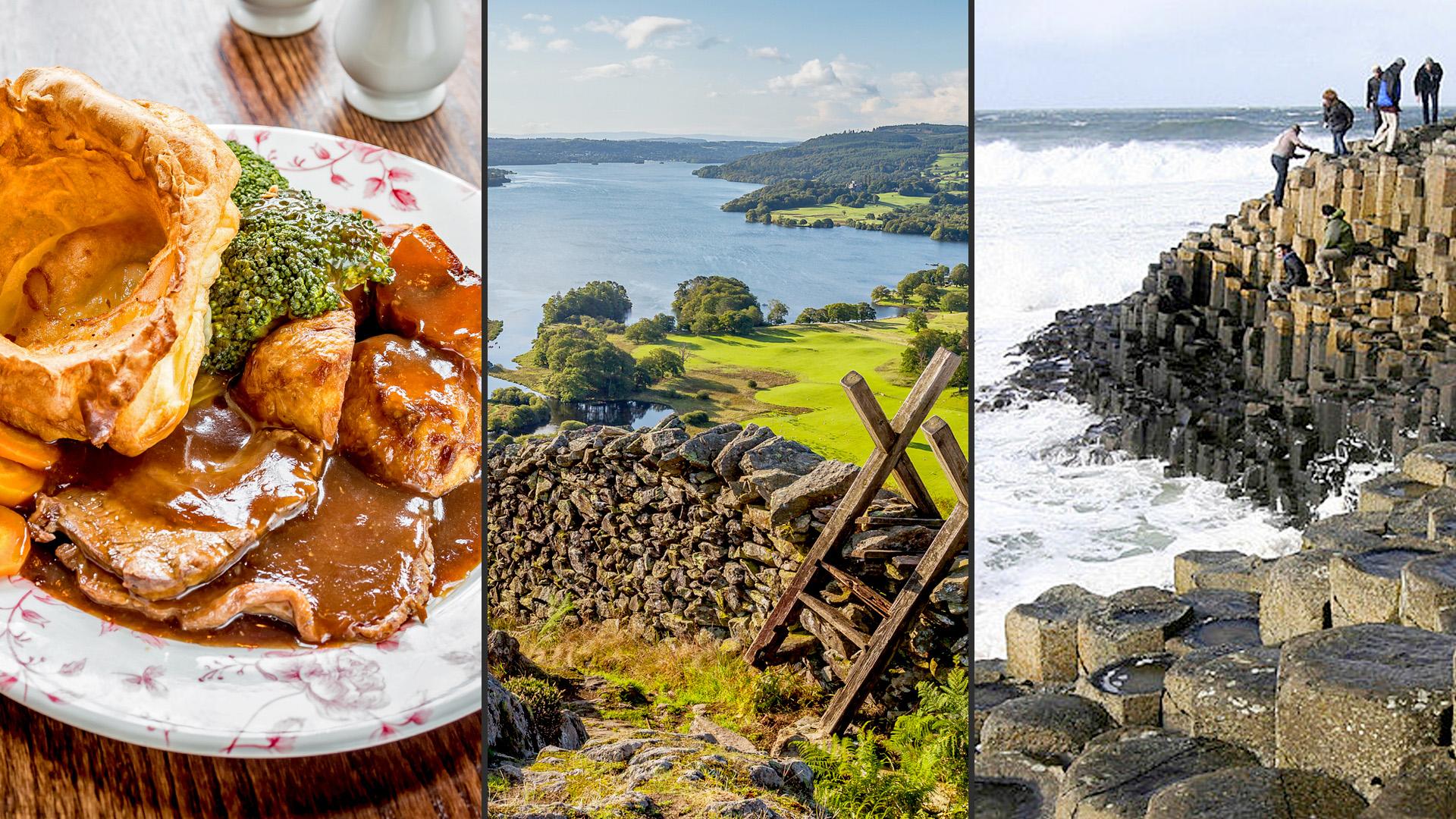Coventry kicks off being the UK City of Culture
- Published
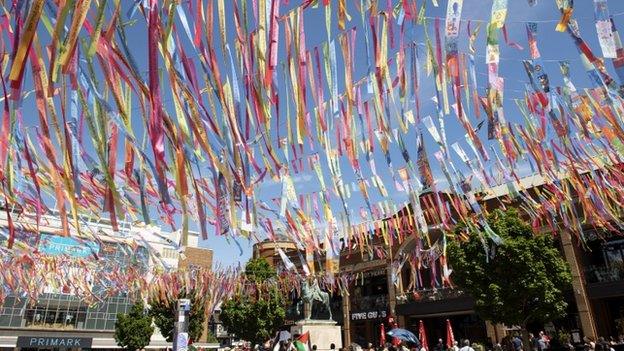
Events and celebrations have kicked off Coventry's special year
It's a big weekend for Coventry as it puts on its first major event to celebrate becoming the UK's City of Culture.
The UK City of Culture is a competition run by the government. Every four years, cities compete to be awarded the title.
The first UK City of Culture was Derry/Londonderry in 2013 followed by Hull in 2017.
After competing against eleven other cities Coventry was chosen for 2021.
Its year as the UK City of Culture runs from now until May 2022.
Having the honour gives Coventry a chance to show everyone all that's great about the city and there are lots of events that will be taking place throughout the year.
Here's some things you probably didn't know about the city:
Cycles
Cycles are a big deal for Coventry - modern bicycles are descended from John Kemp Starley's Rover safety cycle which was invented in Coventry in 1885.
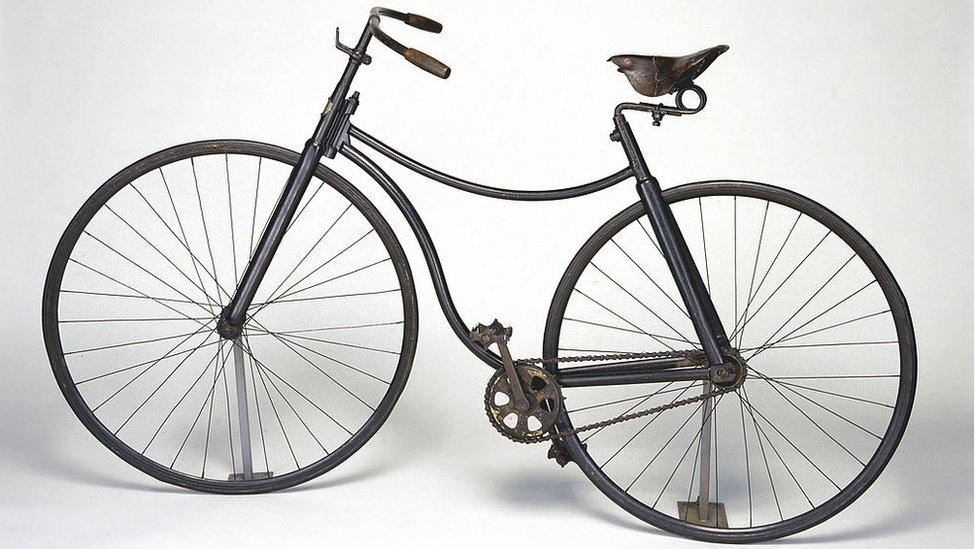
This is the Rover safety bicycle, which looks very similar to the bikes that we ride today
Cars
Britain's car industry was founded by a company called Daimler in a disused Coventry cotton mill in 1896. And you've probably seen unique looking black cabs in cities around the UK - they're made in Coventry too!
Which such a big history of cycles and cars it's no surprise that the Coventry Transport Museum has the biggest collection of British made cars, motorcycles and bicycles in the world and is also currently home to the world's fastest two cars.
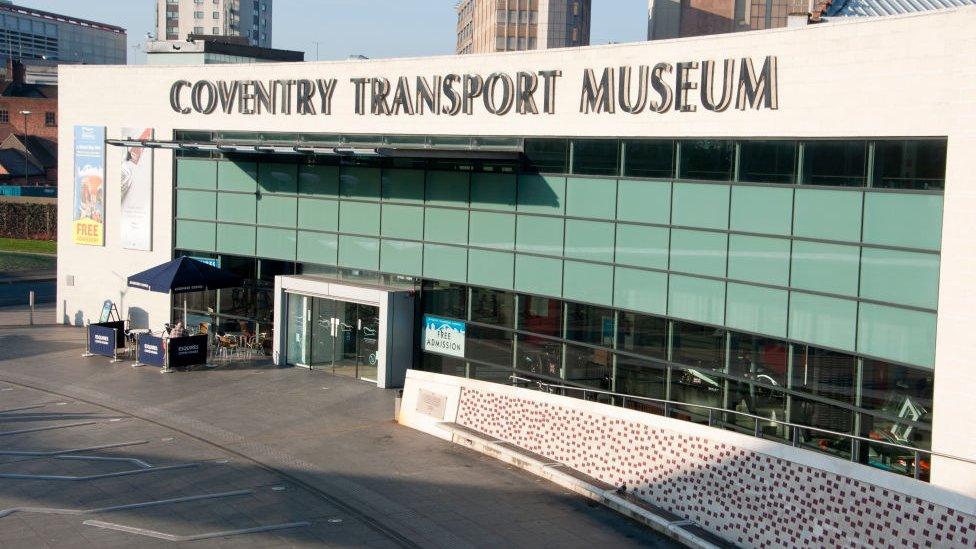
Cities
Coventry has 26 twin towns and cities! Twinning is when two places have an official partnership - they may have things in common or want to encourage tourism and connections between the two towns or cities. Coventry's twins include Volgograd in Russia, Dresden in Germany, Kingston in Jamaica, Jinan in China and three other places called Coventry in USA!
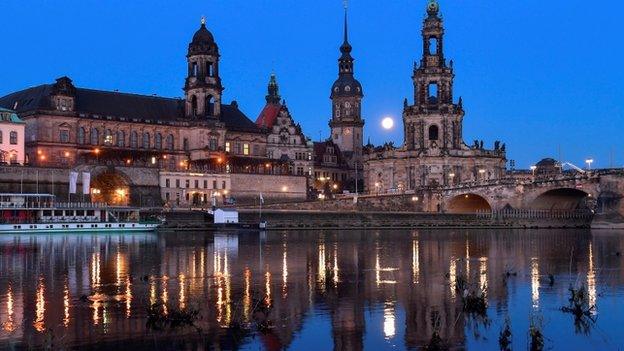
Dresden in Germany is one of the 26 places in the world that Coventry is twinned with
Cathedrals
Coventry has, not one, not two, but three cathedrals - the ruins of St. Mary's, destroyed by Henry VIII when he was king, the ruins of St. Michael's, which was destroyed in 1940 during the World War Two, and the modern day Coventry Cathedral.
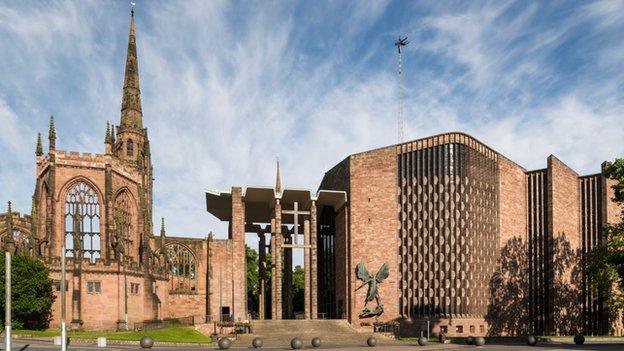
Coventry
You may have heard of the old phrase 'sent to Coventry' used to describe when someone is being deliberately ignored. It's thought the phrase originated during the English Civil War, when people were sent to prison in Coventry and given a hard time by the local people.
- Published13 August 2019
